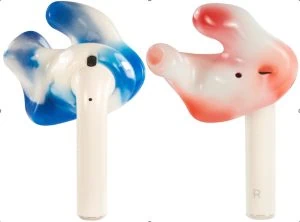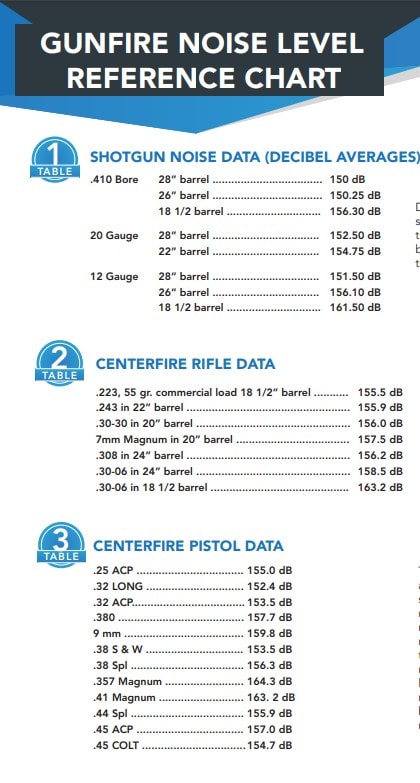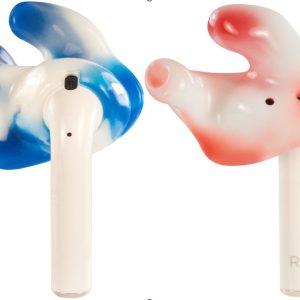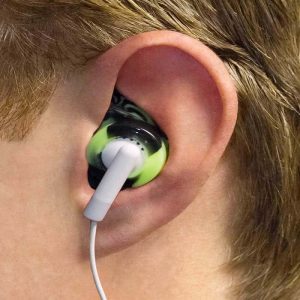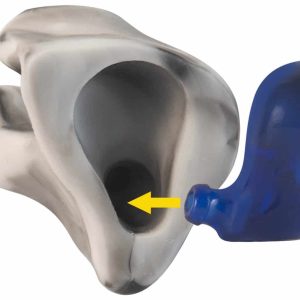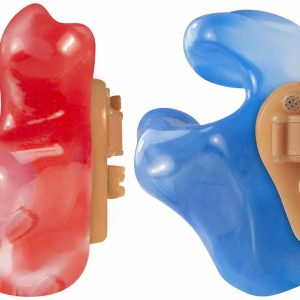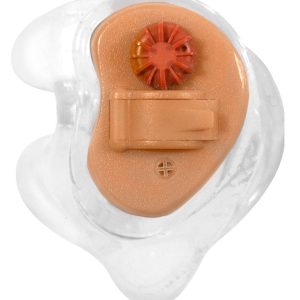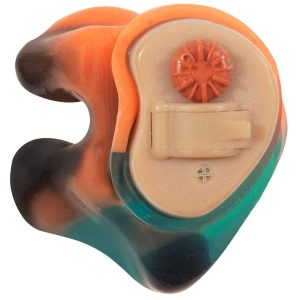- 800.525.2690
- [email protected]
- Mon - Fri: 8:00 - 4:30
Using Earphones for Hearing Protection While Shooting – An Urgent Word of Caution
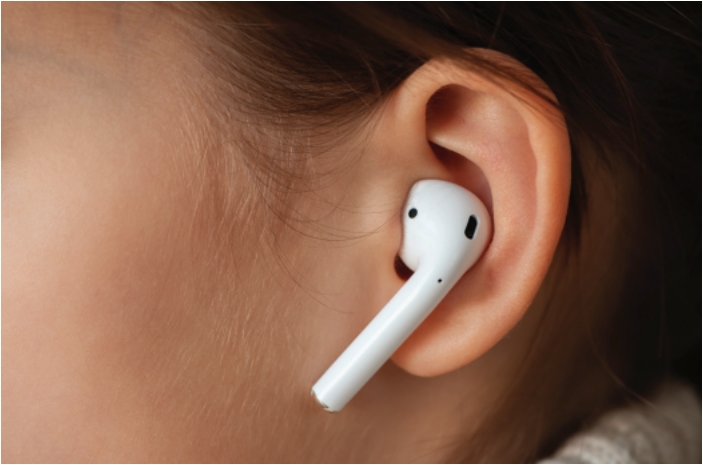
BY GARRY G. GORDON, M.S. AUDIOLOGIST/ INSTRUCTOR www.earinc.com
According to U.S. News and World Report, statistics from the National Heart Interview Survey show that from 1971 to 1990 hearing problems among young people ages 45 to 65 increased 26 percent, and among those ages 18-44 hearing deficiencies grew by 17 percent. Another study conducted in Alameda County, California over a period of three decades indicated hearing loss for men between the ages of 50 – 59 leapt by more than 150 percent. Finally, a study conducted by E.A.R. Incorporated, encompassing 852 shooters, discovered an overall average of 47% admitting to noticeable hearing loss. A secondary study conducted by Starkey Labs and E.A.R. Incorporated during an NRA convention, using audiometric equipment confirmed the incidence among shooters to be near the 50-percentile average. Similar results occurred with studies conducted by E.A.R. Incorporated during trade shows at Safari Club International, Shot Show and Single Action Shooting Society.

NEW PROBLEM
When it comes to the hunting and shooting sports, there have been numerous articles in addition to educational seminars that emphasize the need for adequate hearing protection. This includes the use of solid ear plugs, electronic ear plugs, electronic earmuffs, filtered plugs and protection that enables the user to listen to music. As a result of the latter option, a new problem has recently arisen for both industrial and recreational applications, when using Air-Pod or similar devices as a hearing defender. It must be noted is the simple fact that the majority of these items were not manufactured nor marketed as ear protection. Even those that employ noise cancelation can be misleading since they don’t provide the amount of attenuation required for impact noise levels produced by firearms. Continuous use of such items without proper modifications can significantly increase the risk of developing permanent noise induced hearing loss. This result is neither good nor necessary.
POSSIBLE SOLUTIONS
Possible modifications, when done properly and where possible, include the replacement of ear tips with a non-vented custom mold, or a certified foam or silicone tip which includes an appropriate Noise Reduction Rating (NRR). When properly inserted, these modifications will provide adequate attenuation to dampen backgrounds and allow the user to hear better, without increasing the intensity of sound coming through the earpiece.
Even with this consideration it is imperative to understand that many of these devices can produce sound pressures that exceed safe limits and should not be worn at maximum intensity. Other considerations might include the addition of a certified filter in the opening of the tip that enters the ear or seeking earpieces that are programed by the manufacturer with outputs that don’t exceed safe levels. It is important to remember that gunfire is considered impact sound. Devices which include noise cancelation work best for continuous sound, not impact.
CONCLUSION
Of all the recreational activities people can enjoy, gunfire is considered one of most dangerous exposures without the use of adequate hearing protection. There are numerous options available that will meet and/or exceed the requirements for minimizing the risk of permanent hearing damage. Should the user prefer Air-Pod type configurations for listening to music or communications, our recommendations include the use of a modified custom mold or certified silicone or foam tip with a certifiable noise reduction rating. If the earpiece is vented, we would also recommend the addition of a filter where possible and a common practice of keeping the volume of sound at a low intensity. It’s important to look for providers who will take the time to answer questions and provide options for the absolute best in hearing protection. Should you have questions about your hearing seek a hearing health care professional for an accurate assessment.

